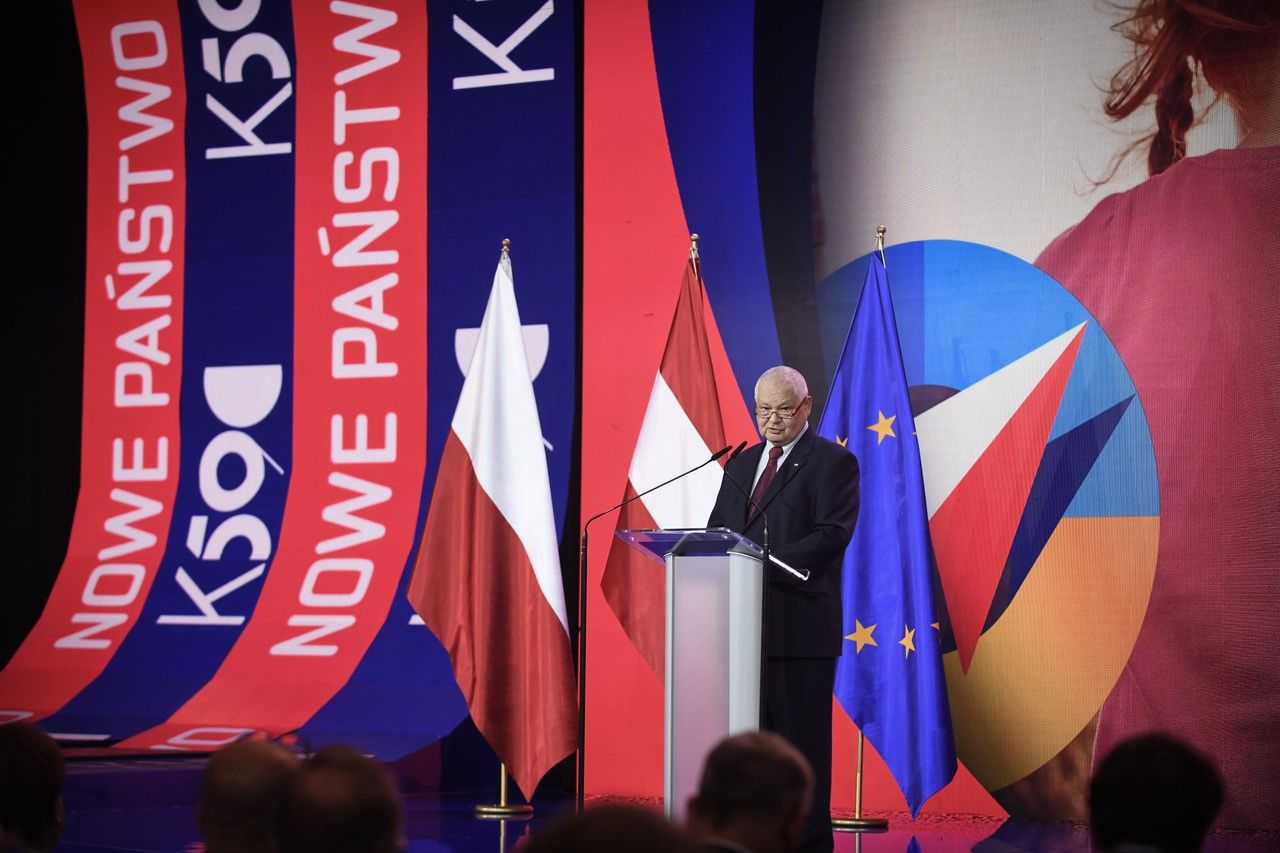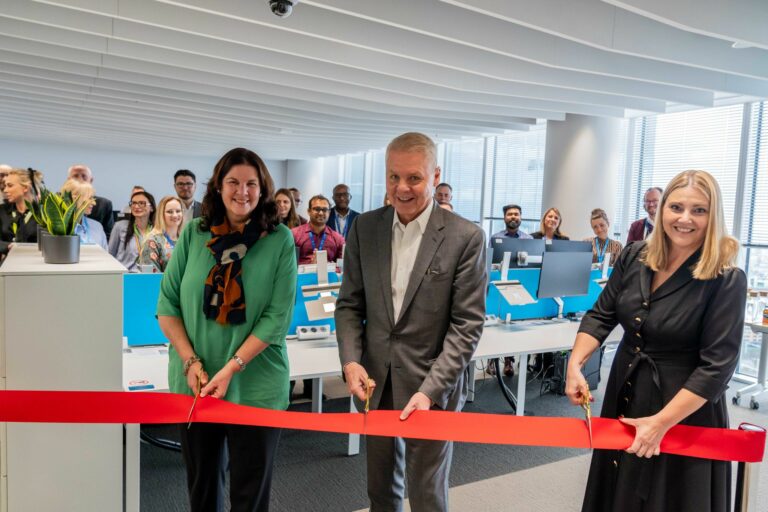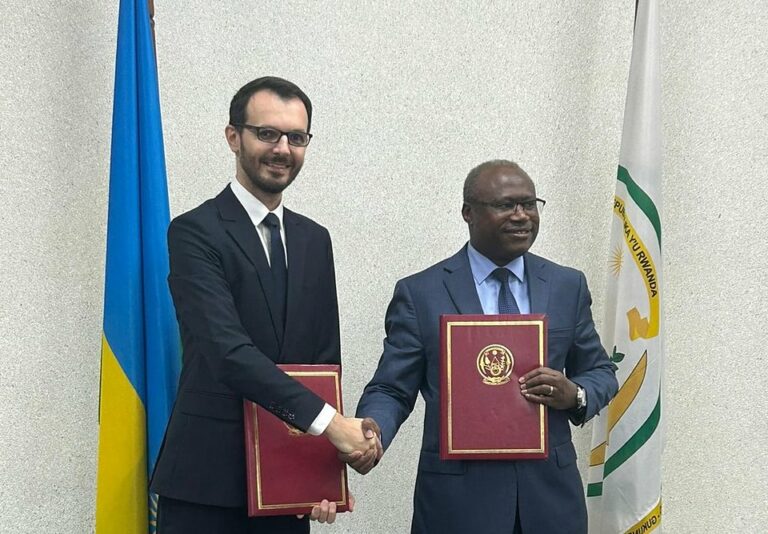Interest rates up
On 4 January 2022 the Monetary Policy Council decided to increase the NBP reference rate by 0.50 percentage points, i.e. to 2.25%. At the same time, the Council set the remaining NBP interest rates at the following levels:
▪ lombard rate at 2.75%;
▪ deposit rate at 1.75%;
▪ rediscount rate at 2.30%;
▪ discount rate at 2.35%.
According to the NBP statement, the activity in global economy continues to recover, yet economic conditions are under a negative impact of supply-side constraints in some markets, high commodity prices and re-escalation of the pandemic in certain countries, including the euro area. Latest forecasts indicate that global GDP growth in 2022 will be relatively robust, although lower than in 2021.
In Poland, despite another wave of increase in infections, economic activity continues to recover, as indicated by monthly data on industrial production, retail sales and construction and assembly output. The situation in the labour market continues to improve, which is reflected in decreasing unemployment, rising employment and a marked increase in average wages. In the coming quarters economic conditions are expected to remain favourable. However, there are uncertainty factors related to the impact of the pandemic on global and domestic economic conditions, as well as to the effects of supply-side constraints and high energy commodity prices on the economy.
Inflation in Poland in November 2021 increased to 7.8% in annual terms, and in monthly terms it amounted to 1.0%. A significant contribution to an increase in inflation was made by the rise in global prices of commodities – including energy and agricultural commodities – observed in the second half of 2021, record high increase in prices of CO2 emission allowances, rising prices of goods whose supply has been constrained by global pandemic disruptions as well as earlier increase in electricity prices and in waste disposal charges. Ongoing economic recovery, including demand driven by rising household income, has also added to an increase in inflation. These factors, together with a rise in regulated tariffs on electricity, natural gas and thermal energy will contribute to inflation remaining at an elevated level also in 2022. In turn, a reduction in some tax rates as part of the so-called Anti-inflationary Shield will have a curbing impact on inflation.
In a longer perspective, inflation will decrease, which will be supported by expected fading of some global shocks currently boosting price growth, as well as by an increase in the NBP interest rates. At the same time, amidst further economic recovery and expected continuation of favourable labour market conditions, as well as probably more lasting impact of external shocks on price dynamics, there persists a risk of inflation running above the NBP inflation target in the monetary policy transmission horizon. In order to reduce this risk, i.e. striving to decrease inflation to the NBP target in the medium term, the Council decided to increase NBP interest rates again. The increase of the NBP interest rates will also curb inflation expectations.
Decisions of the Council in the coming months will continue to be aimed at reducing inflation to a level consistent with the NBP inflation target in the medium term, while taking into account economic conditions, so as to ensure medium-term price stability and at the same time support sustainable economic growth after the global pandemic shock. The Council’s assessment regarding the total scale of monetary tightening necessary for achieving these goals will consider incoming information on perspectives for inflation and economic growth, including situation in the labour market.





